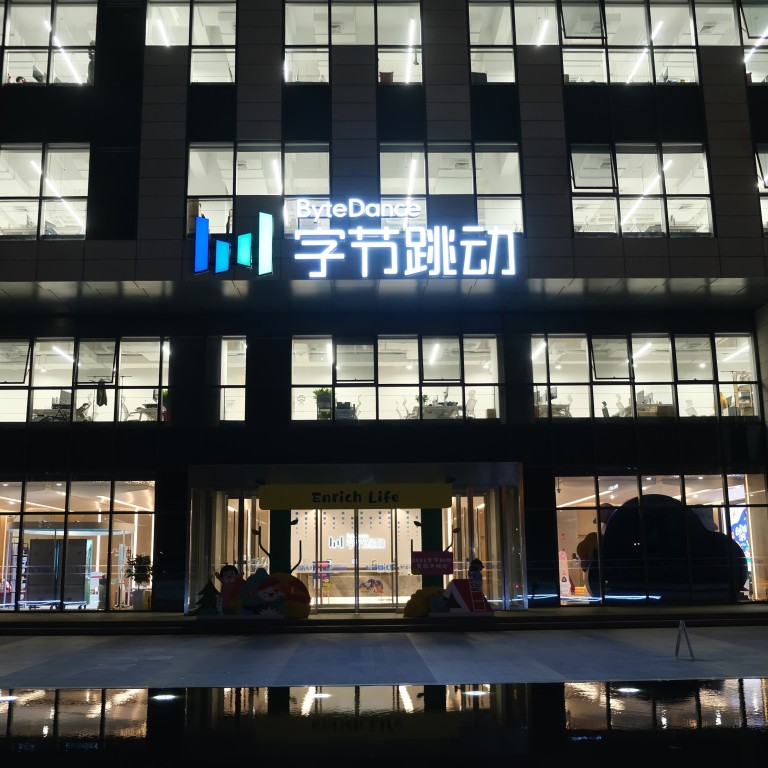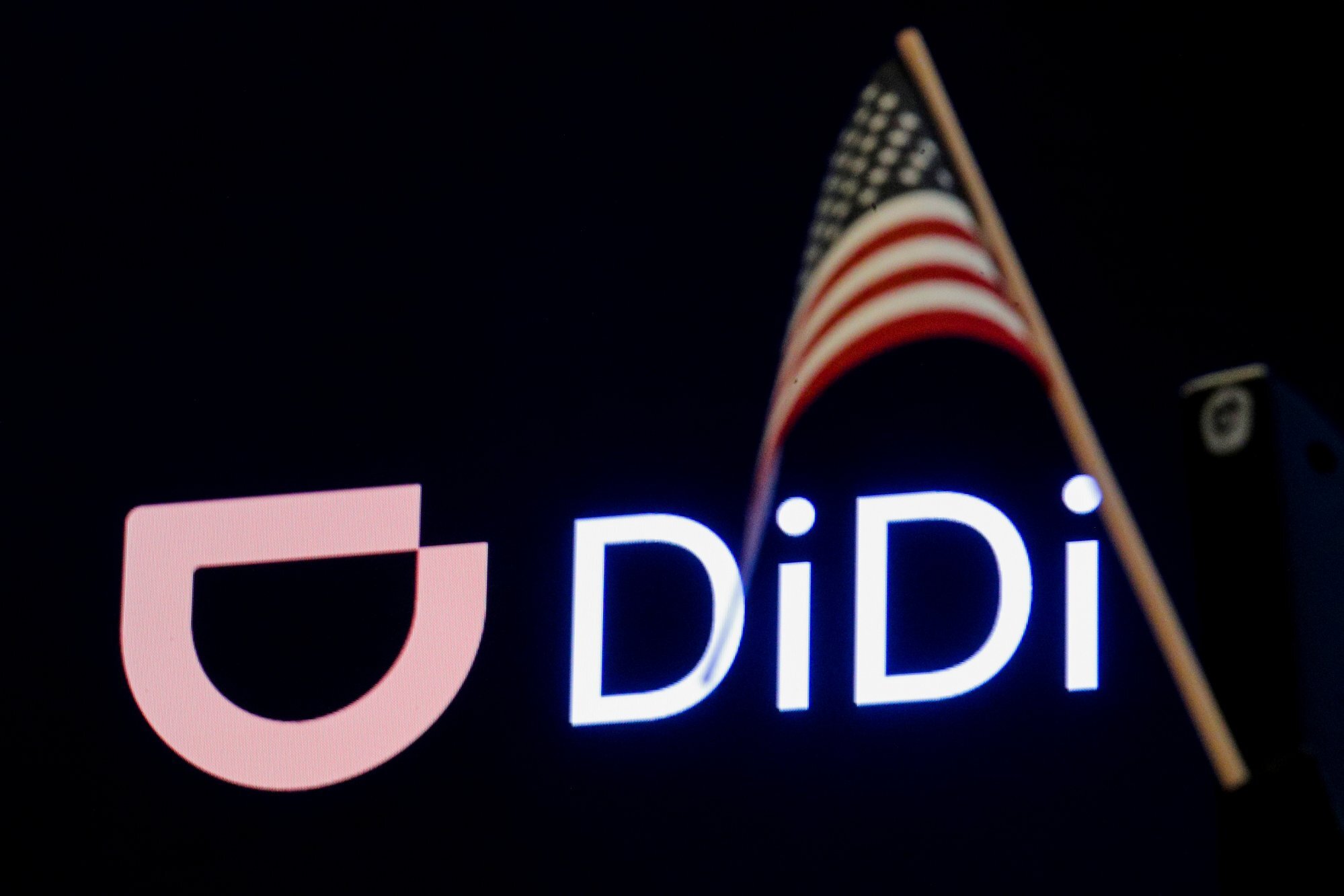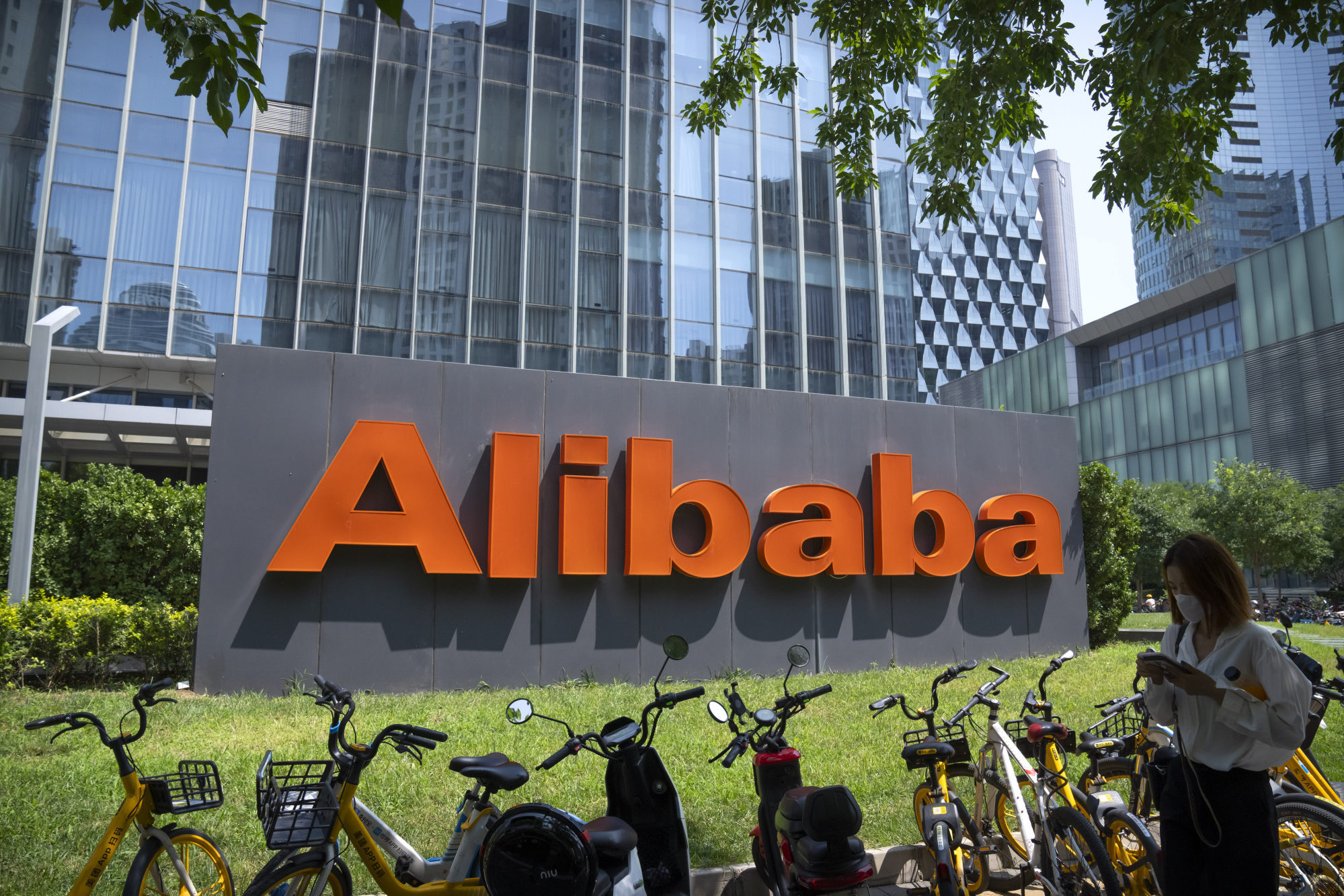
China’s internet watchdog says it has not issued a policy requiring vetting of investment deals at Big Tech firms
- The official denial came after reports circulated online that platforms with at least 100 million users would have to seek approval for external investment deals
- Different government agencies, with varying priorities and authority, are becoming increasingly visible in regulating the country’s Big Tech companies
China’s powerful internet watchdog has denied it has issued guidelines for vetting major investment deals by the country’s largest internet firms, after a screenshot of discussions about such a policy was shared on social media.
The Cyberspace Administration of China (CAC) said in a statement on Wednesday that it has never issued a policy requiring internet platforms to seek pre-approval for external investment deals.
Multiple sources who spoke on condition of anonymity to the South China Morning Post said the CAC has a mandate to enhance its supervision of internet firms, and that the agency is exploring how to perform its new role in an effective way.
Beijing restricts what celebrities can do in cyberspace
The agency has to seek consent from other regulators, discuss the matter with internet firms, and publish a draft to seek public feedback, according to one source.
This source cited as example the China Securities Regulatory Commission, which may not like the idea of forcing tech companies to surrender investment decision power.
The official CAC statement came after reports circulated online that internet platforms with at least 100 million users would have to seek approval from the cyberspace regulator for such deals.
ByteDance said in a brief statement on Wednesday that its decision to disband the strategic investment unit was part of an internal reorganisation, without referring to government policy.
The CAC also said in its statement that it would find and punish those responsible for spreading the rumours.
The latest development comes at a time when multiple Chinese government agencies are said to be working out rules and regulations to implement the Chinese leadership’s requirement that “traffic lights” be set up for capital expansion. Under China’s top-down political system, this often leads to glitches and miscommunication in implementing actual policy.
The idea of the CAC having a say in the fundraising plans of private firms, as well as their external investment deals, has been discussed internally but is far from a regulation, according to one regulatory source based in Beijing.

But it is clear that the wind is blowing in the direction of enhanced supervision and the role of the cyberspace administration, which has traditionally not got involved in vetting financing or investment activities by tech firms, cannot be ignored.
Sources from the strategic investment teams at two of China’s largest internet firms, each having reached the threshold of “at least 100 million users”, told the Post that they now routinely inform the CAC about new deals as a matter of courtesy, but not to seek approval.
The CAC did not immediately respond to a request for comment.
The rules on how mainland Chinese tech firms go through a screening process at the CAC remain vague, according to insiders. The process is like “crossing the river by touching the stones”, according to one executive at a Hong Kong-listed mainland firm, citing a phrase used by former Chinese leader Deng Xiaopeng about the country’s process of reform and opening up.
It is impossible to find a senior official at CAC to sign a letter saying “this company is absolutely safe”, according to the company executive. Still, companies must prove to investors that CAC is informed and has no objections, the executive added.
The current solution is a written record of conversation between the company lawyer and a CAC clerk, which says there are no existing laws or regulations to stop the listing.
Different government agencies, with varying priorities and authority, are becoming increasingly visible in regulating the country’s Big Tech. For example, the State Administration for Market Regulation, the antitrust watchdog, continues to look into mergers and acquisitions deals by the likes of Post owner Alibaba Group Holding and Tencent Holdings, and has issued fines to those who did not report such transactions for antitrust review.

For many years, Chinese tech giants have pursued a strategy of growth through external acquisitions and investments, building their business empires in a relatively short period of time, with little regulatory oversight. However, those days are now over according to China’s state leaders, who say this “barbaric growth” must be tamed.
At the same time, the Chinese government has made it clear that the new regulations, which have wiped billions of dollars off market values, are intended to promote “healthy” development of internet platforms.
China’s National Development and Reform Commission, the economic planning agency, joined eight other ministries on Wednesday to jointly release a policy guideline on “promoting regulated, healthy and sustainable development” of internet platforms.


